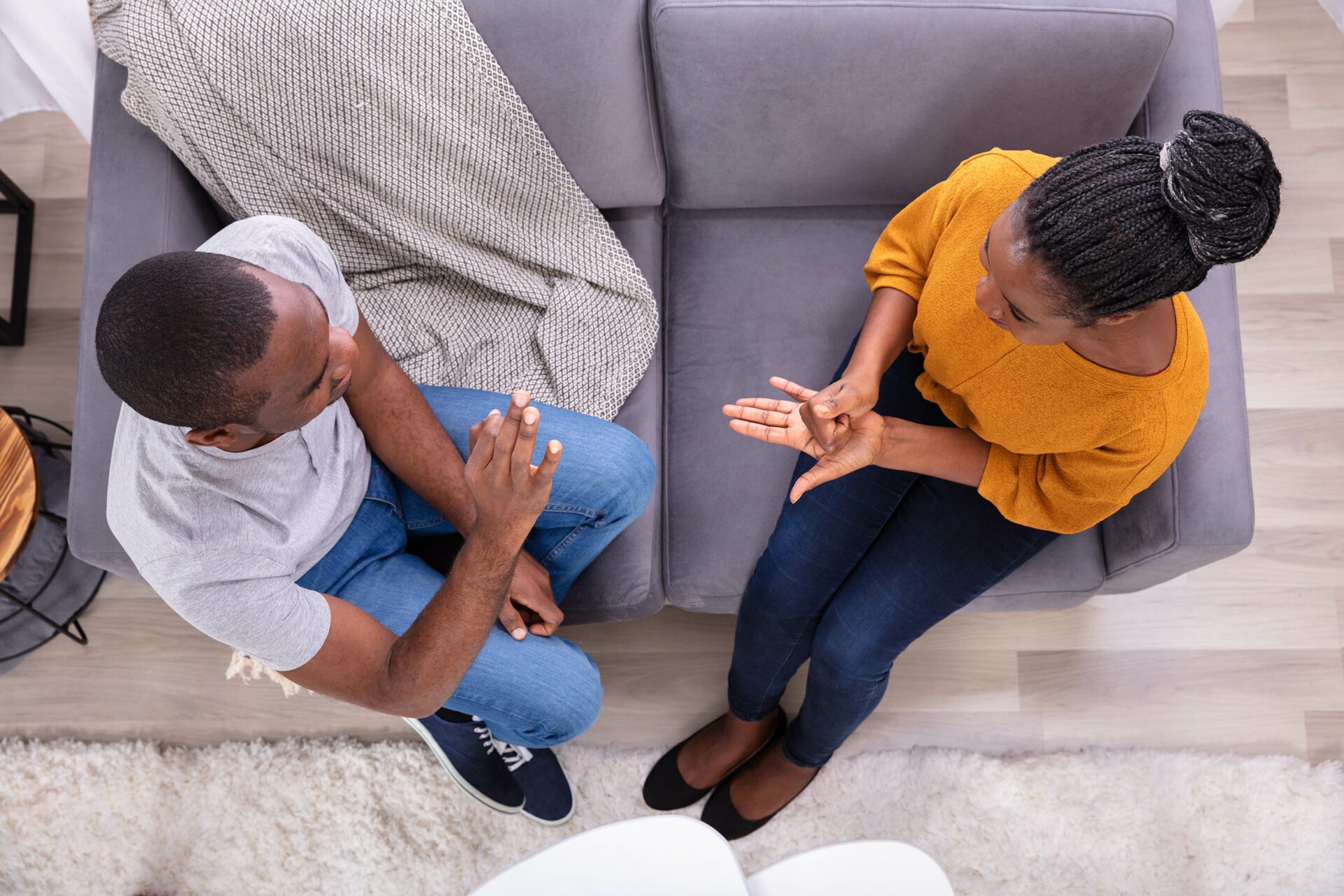The age-old debate about who should teach British Sign Language (BSL) has reared its head again on social media, and remains as divisive as ever. With the increasingly widespread of social media video platforms such as Instagram and Tik Tok, there has been criticism over hearing BSL students teaching people as they learn, and rightly so. One would never presume to teach French while learning beginner’s French so why is this deemed acceptable for sign language? It shows a lack of respect for sign language, not to mention its status as a ‘real’ language. It is far more than merely gestures, as some believe it to be. It’s a language with a whole culture and identity.
Heated controversy
This issue goes beyond students teaching sign language, or people lacking proficiency and believing they are skilled enough to teach others. I have witnessed heated discussions online over whether hearing people should ever be allowed to teach sign language, and that this is the ‘rightful domain’ for deaf people.
Before I go further, let me pose a question… How deaf do you have to be to be a ‘deaf’ tutor? Is an audiogram required? It is my firm belief that only by focusing on quality that we will have effective learning taking place, allow the opportunity for more people to advance their skills in BSL and become real allies and advocates for sign language rights.
It may be controversial for some, especially as a deaf person myself, but my position in this debate is that people’s audiological status should be removed from the discussion altogether. It should not matter whether you are deaf or hearing, but whether you can teach it properly.
By pitting hearing and deaf people against each other, we are not allowing space for allyship and cooperation, or respecting the role that hearing people can and do play in the deaf community.
A matter of perspective
Consider two situations:
A deaf person learnt BSL at 16 after leaving school by mixing with other deaf people and decides to set up as an online BSL tutor a few years later.
A hearing person with deaf parents (CODA) who is a native BSL user, has completed an interpreter training course, has degree level knowledge of linguistics of BSL, and has completed a teaching qualification.
Which person should we be endorsing to teach BSL in a professional capacity?
Whilst these may be extreme examples, by saying we can only accept deaf tutors, we are disregarding all hearing people from the pool of potential tutors. Hearing people who have been through the experience of learning BSL as a second language will know first-hand what strategies worked for them, and be able to share these. They can offer perspectives that perhaps deaf people cannot (and vice versa, of course).
The future of BSL tutors
Not everyone can be proficient in BSL or have the appropriate skills to teach BSL – this applies to both deaf and hearing people.
In an ideal world, there would be more than enough deaf people with the necessary linguistic knowledge and teaching qualifications to meet demand, but this is not the case. BSL is currently not taught in schools, so deaf children are growing up without a formal understanding of sign language – a crucial element of quality teaching. By limiting ourselves to only deaf tutors, we are limiting how many people are learning BSL. This creates the domino effect of limiting how many people can go on to become interpreters, which then limits deaf people’s access to teaching qualification courses (not forgetting the overall benefits of learning sign language and interacting with one another within society).
I want people to consider the importance of quality in teaching BSL and sign language. How else can we boost the uptake and visibility of BSL while protecting its rightful legitimacy as a language?
While I understand that some deaf people see this issue as political, it is interesting to note that we do not see the same debate in media about who teaches foreign languages. French nationals are not demanding only they can teach French. I understand that sign language and the deaf experience carries a lot of baggage such as oralism, cultural appropriation, and oppression. These are valid issues and should be given the attention it deserves.
However, let’s not make enemies of the hearing community. Let’s not bring down complete novices for fingerspelling their name online to raise basic deaf awareness. Let’s work together to raise the quality of sign language tuition, and welcome hearing people as potentially powerful allies.

